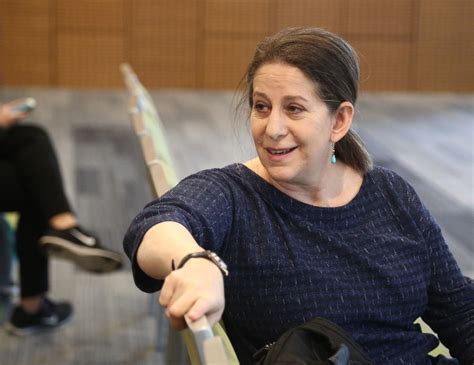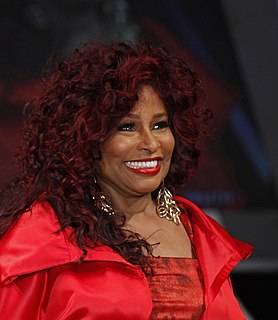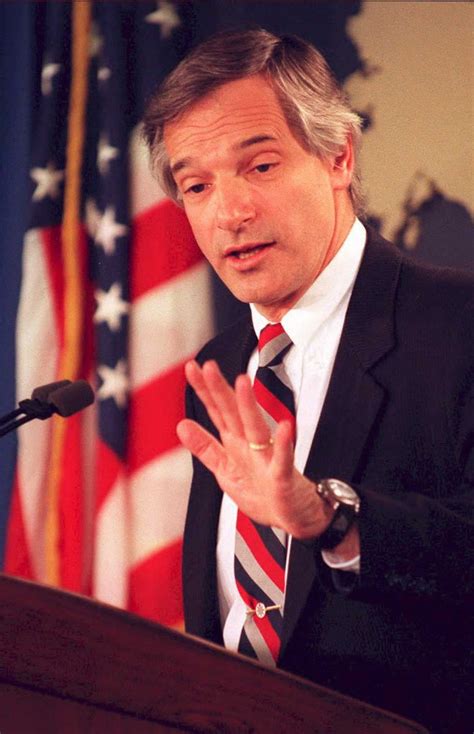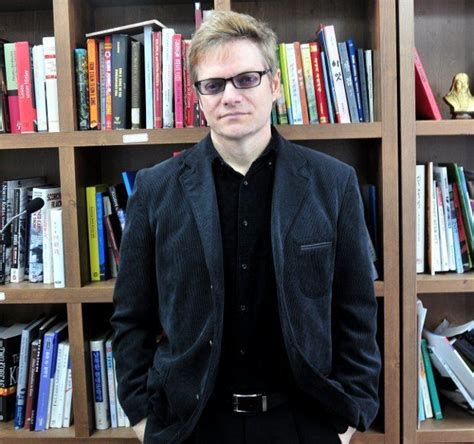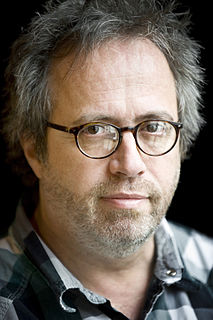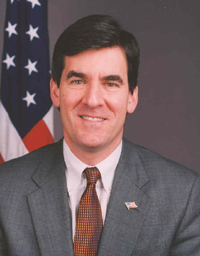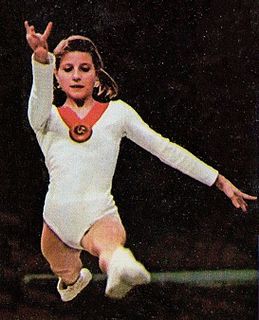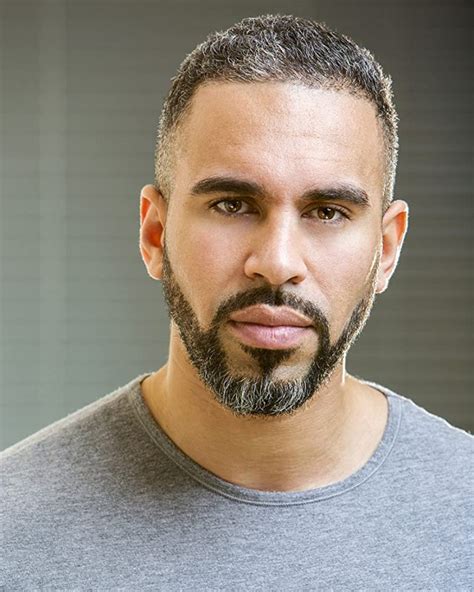A Quote by Barbara Demick
We see North Koreans as automatons, goose-steeping at parades, doing mass gymnastics with fixed smiles on their faces - but beneath all that, real life goes on with the same complexity of human emotion as anywhere else.
Related Quotes
Brian Myers takes a fresh approach. He largely ignores what the regime tells the outside world about itself, but concentrates instead on what North Koreans themselves are supposed to believe, paying special attention to the North Korean narratives and mass culture, including movies and television shows. (...) There are few books that can give the world a peek into the Hermit Kingdom. The Cleanest Race provides a reason to care about how those in North Korea see themselves and the West. It is possibly the best addition to that small library.
The North Korean Communists are implacably pursuing their military buildup in defiance of the international trend toward rapprochement and of the stark reality of the Korean situation, as well as of the long-cherished aspiration of the 50 million Koreans. The North Koreans have already constructed a number of underground invasion tunnels across the Demilitarized Zone.
There is reason to say that negotiations with the North Koreans are not easy, they may not succeed, but they may be a way of getting to where we want to get to, limiting the capability of the North Koreans to do harm to us and our allies without the use of military force and without the risk of a major war in Northeast Asia.
As an actor, it's all about whether you can sell the emotion on your face... that desperation, the panic and rage that comes with combat. The emotion of combat is important to me. I mean, you feel almost sick if you see a real fight where someone is getting badly beaten up. You can get emotionally involved in combat that has nothing to do with you in real-life, let alone if you are actually in it... or it's someone you know, and so you should have those same feelings on film.
